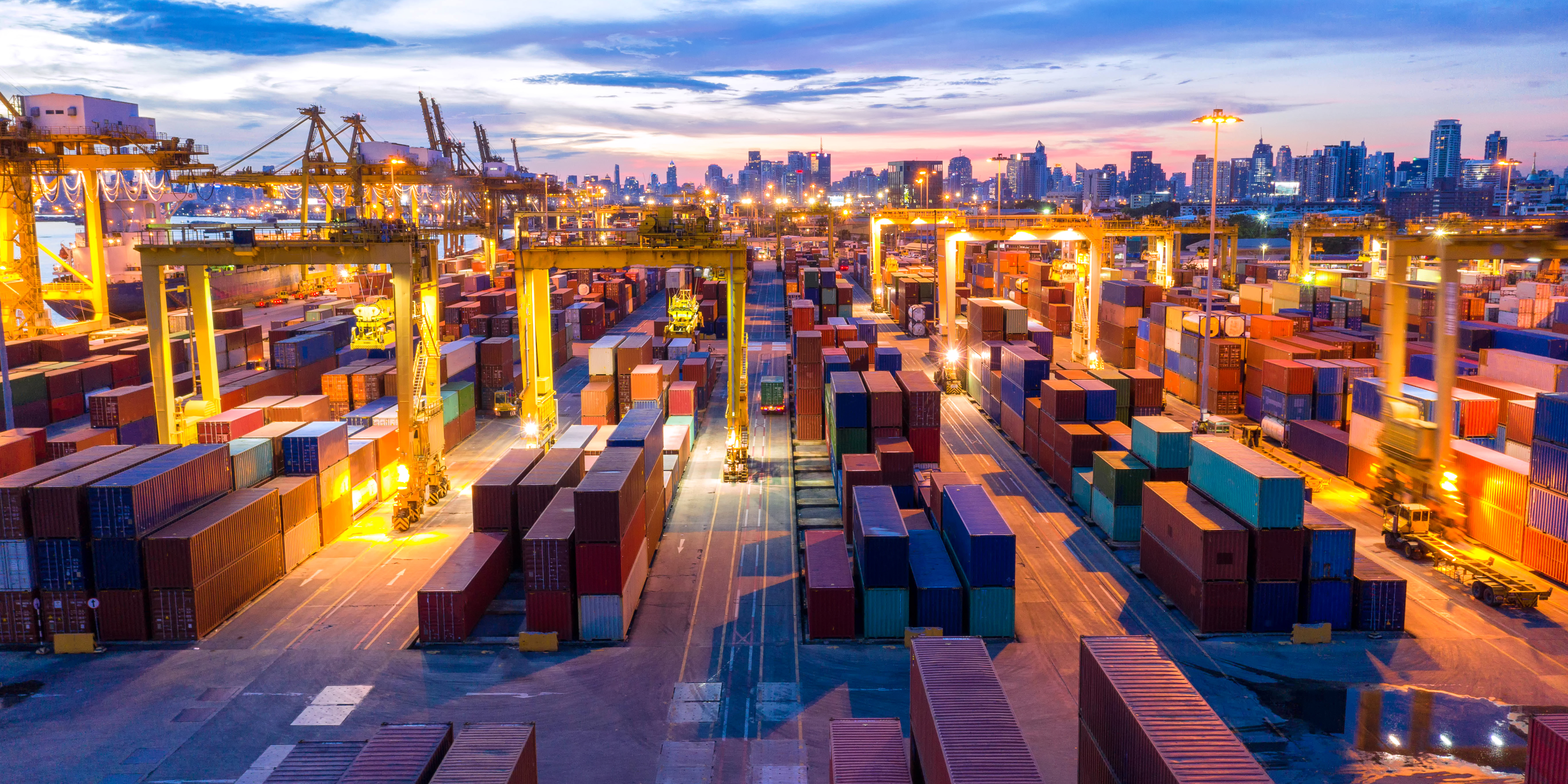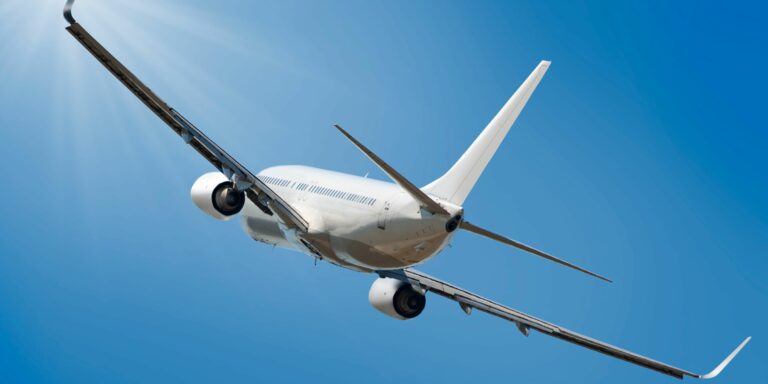India-UAE Trade Corridor: Redefining Global Trade Flows and Strategic Partnerships
India and the United Arab Emirates have signed a major agreement on the establishment of a trade corridor that aims to connect Europe with India through parts of the Middle East. The agreement, which was reached during a visit by Indian Prime Minister Narendra Modi to the UAE, is an ambitious plan backed by the US and the European Union.
The trade corridor, announced last September on the sidelines of the G20 summit in New Delhi, aims to extend from India across the Arabian Sea to the United Arab Emirates, through Saudi Arabia, and then connecting through Jordan and Israel to Europe. This is an ambitious project that is expected to create new opportunities for trade and investment between India and Europe.
The agreement on the India-Middle East Economic Corridor comes amid more than four months of war in Gaza, which has derailed US-backed plans to further integrate Israel with its Arab neighbors. However, the announcement of the framework agreement signals India and UAE’s intention to push forward with the plan to establish the corridor, which may also undermine China’s global trade infrastructure belt and road connectivity strategy.
The framework agreement also includes the signing of a bilateral investment treaty and the exchange of cooperation agreements covering electrical interconnection, trade, and digital infrastructure between India and the UAE. This exchange of agreements strengthens the already strong trade ties between India and the UAE, which has been one of India’s top trading partners for years.
The UAE and India’s trade corridor could have significant implications for global trade, as it establishes new trade routes and opportunities that were previously unavailable. The establishment of this corridor could also offer an alternative to China’s Belt and Road Initiative, which has faced criticism in recent years due to concerns about debt trap diplomacy and environmental sustainability.
In conclusion, the India-UAE trade corridor is a significant development for both nations and the global trade landscape. This partnership has the potential to create new opportunities for trade and investment and reshape global trade flows. The project’s successful implementation will require collaboration and investment from all parties involved, and only time will tell how it will impact global trade in the years to come.
Source:








